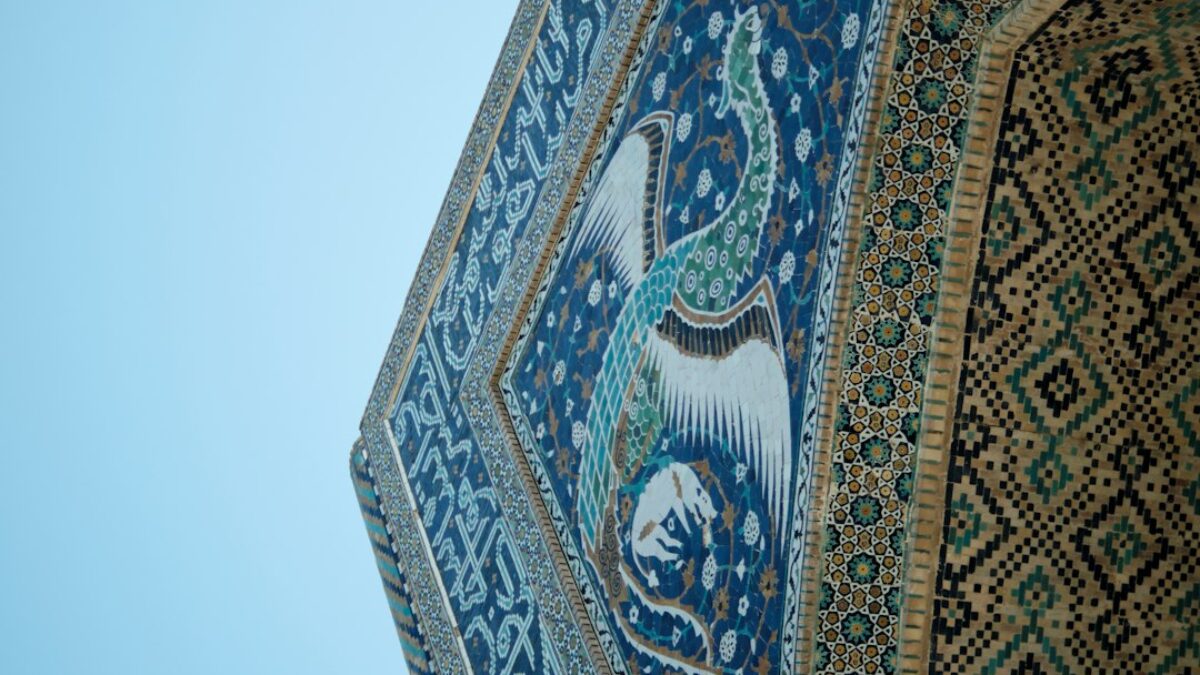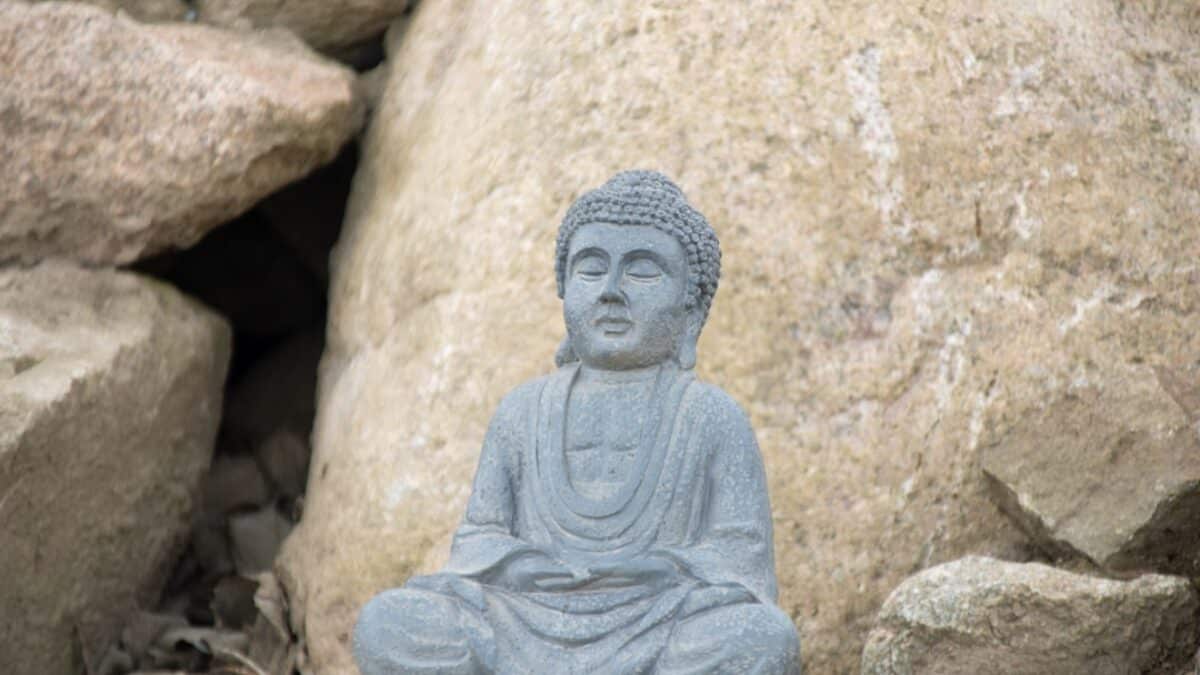In the intricate tapestry of Islamic spirituality, the struggle against Shaytan (Satan) is not a seasonal skirmish but a lifelong marathon. Every dawn brings fresh whispers of temptation, every dusk invites subtle doubts, and every quiet moment in between can become a battlefield for the soul. Yet Allah, in His infinite mercy, has armed the believer with a luminous arsenal: duas—supplications that flow from the tongue, settle in the heart, and erect invisible fortresses around the spirit. This article explores powerful duas to protect yourself from Shaytan, offering practical guidance for weaving these Islamic prayers into the fabric of daily life so that spiritual defense becomes as natural as breathing.
Understanding Shaytan and His Tactics
Who is Shaytan?
Shaytan is not a mere metaphor for evil inclinations; he is a real, sentient being created from smokeless fire. Known in Arabic as al-Shayṭā and referred to as Iblīs before his fall, he was once a pious jinn elevated to the company of angels. His refusal to prostrate before Adam (peace be upon him) stemmed from arrogance, transforming him into the avowed enemy of humanity. The Qur’an is replete with warnings: “Indeed, Shaytan is an enemy to you, so take him as an enemy” (Qur’an 35:6).
The Spectrum of Shaytan’s Influence
Shaytan’s methods are subtle and graduated. They range from:
- Whispers (waswās) that seed doubts about Allah’s mercy or the truth of Islam.
- Desensitization, where repeated exposure to minor sins numbs the conscience.
- Distraction—diverting attention from obligatory acts like prayer or dhikr.
- False promises of worldly gain if one compromises faith.
- Direct incitement to major sins such as backbiting, lying, or outright disbelief.
Shaytan’s Allies: Human and Jinn
Beyond Iblīs himself lies a network of shayāṭī (devils) from among jinn and humans. Jinn shayāṭīspecialize in invisible insinuation, while human allies—those who consciously spread misguidance—amplify the message through media, culture, or personal interaction. Recognizing this layered assault underscores why duas for protection must be both constant and comprehensive.
Key Components of Daily Spiritual Defense
The Three Pillars of Protection
- Iman (Faith)—a living, breathing certainty that Allah is All-Seeing and All-Hearing.
- ‘Amal Ṣāliḥ (Righteous Deeds)—prayer, charity, fasting, and kindness form a physical barrier.
- Du‘ā’ (Supplication)—the spoken shield that repels unseen attacks.
Times When Shaytan is Most Active
| Time/Event | Reason for Vulnerability | Recommended Dua |
|---|---|---|
| At sunrise and sunset | Shaytan aligns with the sun’s rays to confuse people | Recite Ayat al-Kursi after Fajr and Maghrib |
| When entering the bathroom | Privacy invites whispering about body or cleanliness | Allahumma inni a‘ūdhu bika min al-khubuthi wal-khabā’ith |
| Before intercourse | Conception is a prime target | Bismillāh, Allāhumma jannibnā ash-shayṭāna wa jannib ash-shayṭāna mā razaqtanā |
| During anger | Shaytan fans the flames of rage | A‘ūdhu billāhi min ash-shayṭāar-rajīm |
Powerful Duas to Protect Yourself from Shaytan
1. The Morning and Evening Adhkār (أذكار)
These are non-negotiable daily duas taught by the Prophet ﷺ to form a 24-hour forcefield. The full set includes over 30 supplications, but the core three for Shaytan protection are:
- Ayat al-Kursi (Qur’an 2:255) once after every obligatory prayer and once in the morning and evening.
- Surah al-Ikhlāṣ, al-Falaq, and an-Nās three times after Fajr and Maghrib.
- The “Hasbunallāh” dua: Hasbunallāhu wa ni‘ma al-wakīl, ni‘ma al-mawlá wa ni‘ma an-nasīr (sufficient for us is Allah).
2. Seeking Refuge with Allah
The Classic Ta‘awwudh
Recited before reciting Qur’an or any important act:
A‘ūdhu billāhi min ash-shayṭāar-rajīm
(I seek refuge with Allah from the accursed Shaytan.)
Extended Version for Nightmares
Upon waking from a bad dream, turn to the left, spit lightly three times, and recite:
A‘ūdhu billāhi min ash-shayṭāar-rajīm wa min ḥamzihi wa nafkhihi wa nafthihi
(I seek refuge with Allah from the accursed Shaytan, from his madness, his blowing, and his spitting.)
3. Dua When Leaving the House
Bismillāh, tawakkaltu ‘alā Allāh, lā ḥawla wa lā quwwata illā billāh
(In the name of Allah, I place my trust in Allah; there is no might or power except by Allah.)
The Prophet ﷺ said, “Whoever says this, it is said to him: ‘You are guided, defended, and protected,’ and Shaytan withdraws from him.”
4. Dua for Entering the Home
Bismillāhi walajnā, wa bismillāhi kharajnā, wa ‘alā Allāhi rabbinā tawakkalnā
(In the name of Allah we enter, and in the name of Allah we leave, and upon our Lord we place our trust.)
Followed by greeting the occupants with as-salāmu ‘alaykum—a verbal disinfectant that Shaytan detests.
5. The Four Quls as Armor
Collectively, Surahs al-Kāfirū, al-Ikhlāṣ, al-Falaq, and an-Nās are called al-Mu‘awwidhatayn (the two protectors). Reciting them before sleep is akin to locking every door and window of the soul.
Benefits and Importance of Consistent Protection
Psychological Fortitude
Regular recitation creates a neurological loop of God-consciousness. Studies in cognitive psychology show that repetitive affirmations lower cortisol levels. Islamic tradition adds another layer: angels echo these duas, amplifying their effect and crowding out Shaytan’s whispers.
Social Harmony
When individuals are spiritually guarded, their homes become sanctuaries. Children raised in households where morning and evening adhkār are routine display:
- Higher empathy scores.
- Lower susceptibility to peer pressure.
- Reduced nightmares and fear of the dark.
Spiritual Elevation
Each dua is a dialogue with the Divine. Over time, the heart transitions from defensive (repelling Shaytan) to offensive (seeking nearness to Allah). This upward spiral is described in the Qur’an: “And those who strive for Us—We will surely guide them to Our ways” (29:69).
Practical Applications & Real-World Scenarios
Case Study: The Distracted Professional
Scenario: Ameena, a software engineer, finds her concentration shattered during remote work. Slack notifications, gossip threads, and a creeping sense of inadequacy feed procrastination.
Solution:
- Morning Reset: Before opening her laptop, she recites the morning adhkār aloud. The act of audible dhikr drowns out mental noise.
- Micro-Dhikr: Every time she clicks a new browser tab, she quickly whispers lā ḥawla wa lā quwwata illā billāh, re-centering her intention.
- Closing Ritual: At day’s end, she recites Ayat al-Kursi and visualizes locking her workspace under divine protection.
After three weeks, Ameena reports a 40% increase in focused work blocks and fewer intrusive thoughts.
Creating a Family Adhkār Chart
Children aged 5–12 respond well to gamification. Use a wall chart divided into:
- Columns: Morning, Evening, Before Meals, Before Sleep.
- Rows: Each family member’s name.
- Stickers: Small star stickers for each completed dua. A full row earns a weekend treat.
Tip: Rotate the sticker design monthly (stars, moons, tiny masjid icons) to maintain novelty.
Digital Reminders
Tech-savvy believers can set phone alarms labeled “Forcefield Check” at:
- Sunrise (just after Fajr)
- Midday (before Dhuhr)
- Sunset (just after Maghrib)
- Bedtime (after ‘Isha)
Pair each alarm with a 15-second voice note of the specific dua to be recited.
Frequently Asked Questions
What is the single most powerful dua against Shaytan?
While all revealed duas carry weight, Ayat al-Kursi stands unrivaled. The Prophet ﷺ said, “When you go to your bed, recite Ayat al-Kursi, for there will remain with you a protector from Allah, and no Shaytan will approach you until morning.” Its power lies in its comprehensive declaration of Allah’s oneness, might, and eternal vigilance.
Can I recite these duas in English?
Yes, with caveats. While the original Arabic carries unique phonetic and spiritual resonance, Allah understands every language. However, learning Arabic—even phonetically—enhances focus and connects the supplicant to 1,400 years of tradition. Start with Arabic transliteration, then gradually memorize the meaning to deepen sincerity.
What if I forget to recite the morning adhkār?
The make-up window extends until just before Dhuhr (midday prayer). Should you miss even that, perform istighfār (seeking forgiveness) and resolve to set a phone alarm. Allah’s mercy is vast; consistency is cultivated, not demanded overnight.
Are there duas to protect children specifically?
Yes. The Prophet ﷺ would recite over Ḥasan and Ḥusayn:
U‘īdhu-kumā bikalimātillāhi at-tāmmah min kulli shayṭānin wa hāmmah, wa min kulli ‘aynin lāmmah
(I seek protection for you both with Allah’s perfect words from every devil, harmful creature, and envious eye.)
























Post Comment